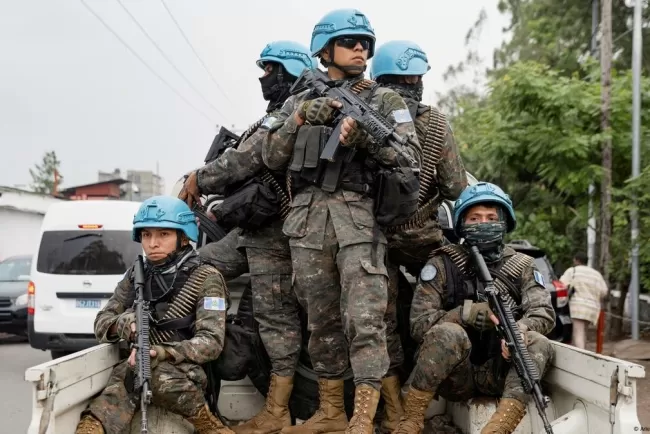Tensions Rise in Jammu and Kashmir: TRF Issues Threat Amid House Demolitions
In a dramatic escalation of violence in Jammu and Kashmir, the Resistance Front (TRF), a splinter group of Lashkar-e-Taiba, has issued a stark warning against the demolition of houses linked to terrorists. This threat follows a recent terror attack in the Pahalgam district, which has resulted in the destruction of at least ten homes associated with individuals labeled as terrorists by authorities.
Background on the TRF’s Threat
In an audio message, the TRF vowed to enact a "house for a house" policy, signaling a commitment to retaliate against those involved in the demolitions. This declaration marks a significant shift in the group's stance, as it had previously distanced itself from the Pahalgam attack—denying any involvement and attributing its earlier claim of responsibility to a cyber intrusion that tampered with its social media accounts.
The ramifications of these demolitions are profound, as they have long been a contentious issue in the region. The TRF's aggressive rhetoric suggests that the group's leadership seeks to galvanize support through a narrative of revenge, further complicating an already volatile situation.
Regional Reactions and Denials
In tandem with the TRF's statements, Pakistan's Defense Minister Khawaja Asif publicly denied any involvement from Pakistan in the Pahalgam attack, suggesting instead that India orchestrated the event to escalate tensions in the region. This claim was echoed by Prime Minister Shehbaz Sharif, who dismissed the allegations against Pakistan as baseless but expressed readiness for a neutral investigation into the matter.
These statements from Pakistani officials highlight the fraught relationship between India and Pakistan, particularly regarding issues of terrorism and regional security. Both countries have historically blamed each other for various acts of violence, and the current situation reflects ongoing distrust.
Implications for Jammu and Kashmir
The TRF's threats and the subsequent denials from Pakistani officials add layers of complexity to the security landscape in Jammu and Kashmir. The demolitions of houses linked to terrorists, often justified by Indian authorities as necessary for counter-terrorism efforts, have historically led to increased hostility and violence in the region. The TRF’s promise of retaliation could provoke further confrontations, jeopardizing civilian safety and escalating the cycle of violence.
As the situation unfolds, the necessity for a measured response from local and national authorities becomes increasingly critical. The potential for widespread unrest looms large as both sides prepare for possible conflict escalation.
Conclusion
The ongoing tensions in Jammu and Kashmir, exacerbated by the TRF's threats and the political posturing from Pakistan, signify a precarious moment in regional stability. As authorities navigate this complex landscape, the need for dialogue and a commitment to de-escalation is more urgent than ever. The international community watches closely, aware that the consequences of miscalculations could reverberate far beyond the borders of India and Pakistan.
Stay tuned for further developments on this evolving situation.
What's Your Reaction?















